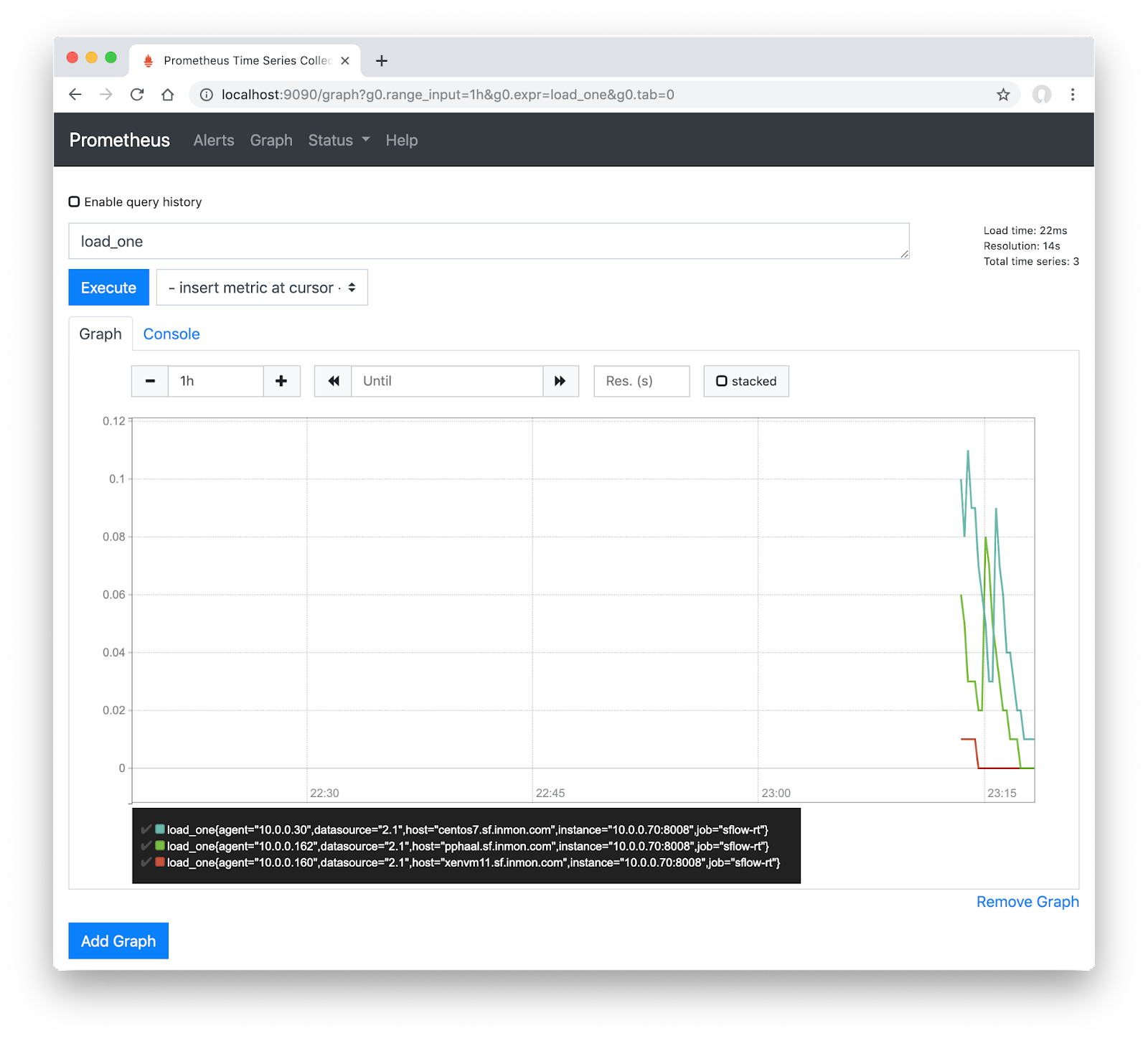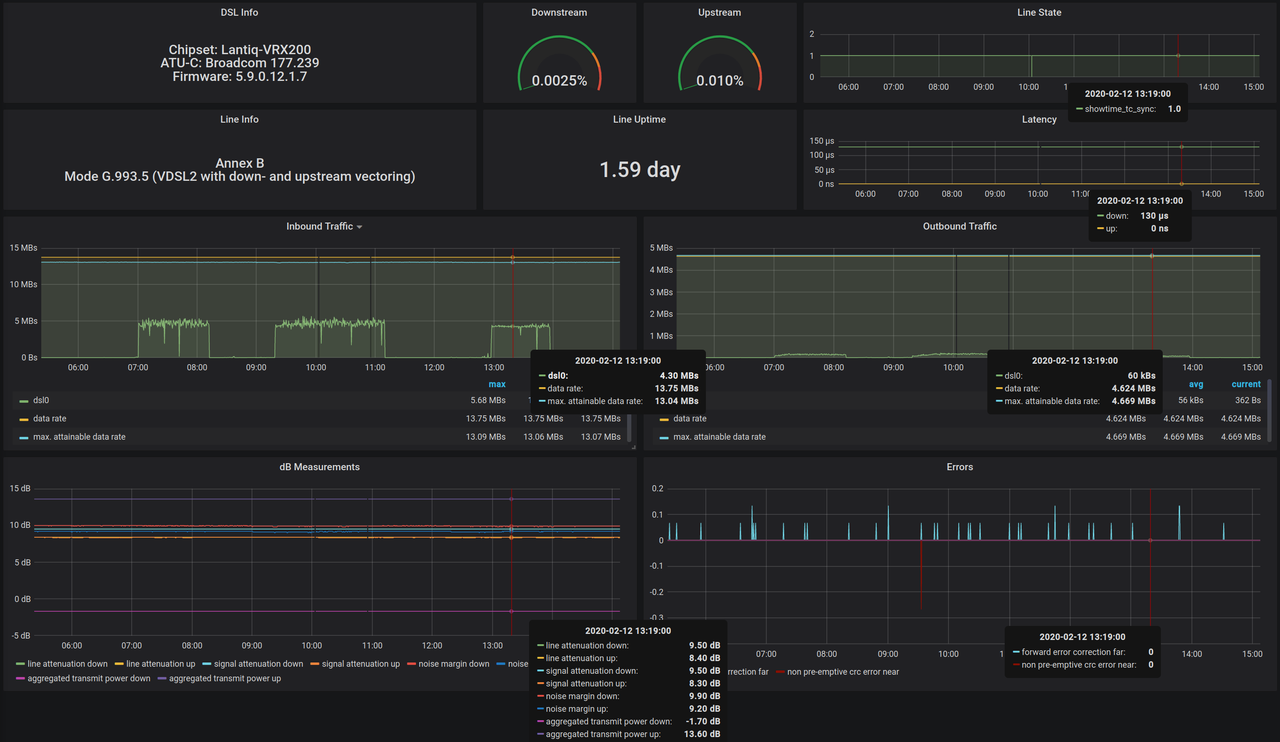

The TCP address on which to receive statsd The UDP address on which to receive statsd web.enable-lifecycle Enable shutdown and reload via HTTP request.This patch implements clearing of metrics with variable labels with per-mapping configurable timeout (ttl). Transmit read buffer associated with the UDP or Size (in bytes) of the operating system's statsd.mapping-config=STATSD.MAPPING-CONFIG The Unixgram socket path to receive statsd Relies on least recently used replacement policy statsd.cache-size=1000 Maximum size of your metric mapping cache. Size of internal queue for processing events statsd.cache-type=lru Metric mapping cache type. debug.dump-fsm="" The path to dump internal FSM generated for Maximum time between event queue flushes. Maximum relay output packet length to avoid fragmentationĬheck-config Check configuration and exit. log.level=info Only log messages with the given severity orĪbove. log.format=logfmt Output format of log messages. The statsd_exporter has an optional lifecycle API (disabled by default) that can be used to reload or quit the exporterīy sending a PUT or POST request to the /-/reload or /-/quit endpoints. The statsd_exporter has an optional mode that will buffer and relay incoming statsd lines to a remote server. This is useful to "tee" the data when migrating to using the exporter. The statsd_exporter can be configured to translate specific dot-separated StatsD The relay will flush the buffer at least once per second to avoid delaying delivery of metrics. The configĪ mapping definition starts with a line matching the StatsD metric in question, Metrics into labeled Prometheus metrics via a simple mapping language. With *s acting as wildcards for each dot-separated metric component.

Lines following the matching expression must contain one label="value" pairĮach, and at least define the metric name (label name name). Multiple matching definitions are separated by one or more empty Label value are replaced by the n-th wildcard match in the matching line, Metric is then constructed from these labels. Metrics that don't match any mapping in the configuration file are translated The first mapping rule that matches a StatsD metric wins. In general, the different metric types are translated as follows: Into Prometheus metrics without any labels and with any non-alphanumericĬharacters, including periods, translated into underscores. This avoids unexpected shadowing of later rules, and performance impact from backtracking.Īlternatively, you can disable mapping ordering altogether. With unordered mapping, at each hierarchy level the most specific match wins. This has the same effect as using the recommended ordering.

#PROMETHEUS STATSD EXPORTER FULL#
The regex mapping style uses regular expressions to match the full statsd metric name. Use it if the glob mapping is not flexible enough to pull structured data from the available statsd metric names. Regular expression matching is significantly slower than glob mapping as all mappings must be tested in order.īecause of this, regex mappings are only executed after all glob mappings. In other words, glob mappings take preference over regex matches, irrespective of the order in which they are specified. Regular expression matches are always evaluated in order, and the first match wins. If your Prometheus server is enabled to scrape native histograms (v2.40.0+), Provider: "$2 " outcome: "$3 " job: "$_server " match: "test.timing.*.*.* " observer_type: histogram histogram_options:īuckets: native_histogram_bucket_factor: 1.1 native_histogram_max_buckets: 256 name: "my_timer " labels: The metric name can also contain references to regex matches. Then you can set the native_histogram_bucket_factor to configure precision of theīuckets in the sparse histogram. More about this in the original client_golang docs.Īlso, a configuration of the maximum number of buckets can be set with native_histogram_max_buckets, thisĪvoids the histograms to grow too large in memory. More about this in the original client_golang docs.


 0 kommentar(er)
0 kommentar(er)
